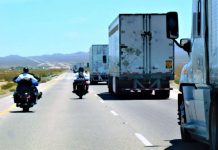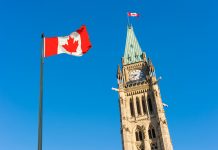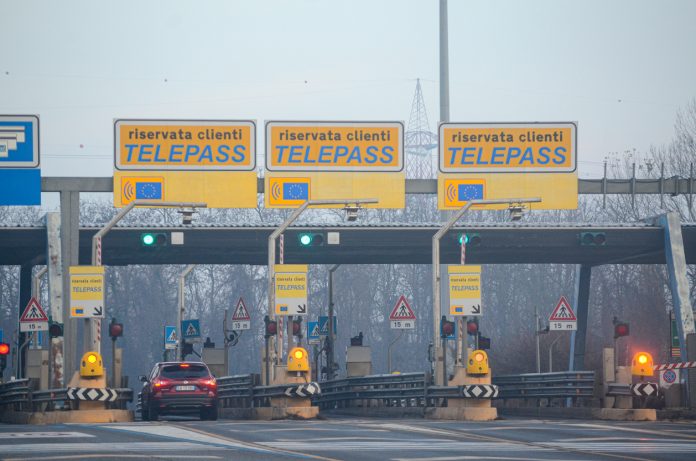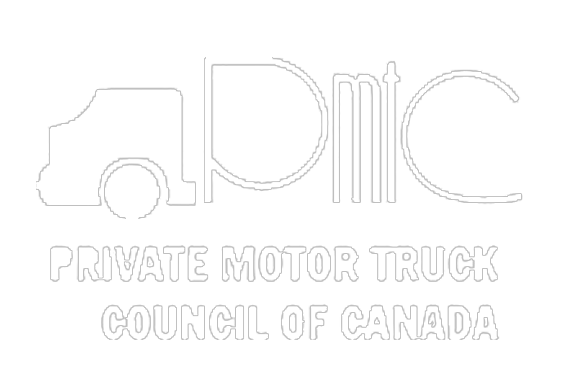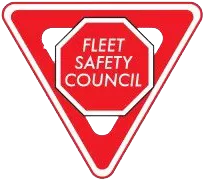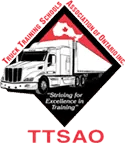Blue Water Bridge Toll Rates To Change October 01, 2023
Toll rates will soon change on the Blue Water Bridge, according to The Federal Bridge Corporation Limited (FBCL) announcement. The changes are adjusting the currency parity for toll and ancillary rates at the Blue Water Bridge, directed at USA-bound traffic, as of October 1, 2023.
The rates and updated U.S. currency equivalents can be found in the following tables:
EFFECTIVE October 1, 2023
ConneXion Pre-paid Rate Cash / Debit / Credit Rate U.S. Currency
(CAD) (CAD) (USD)
Passenger Vehicle $4.50 $6.00 $4.50
Extra Axle $4.50 $6.00 $4.50
Commercial Per Axle* $4.75 $6.00 $4.50
*NOTE: The commercial per axle rate applies to all vehicles at or above 2.45 metres (8 feet).
FOR OVERSIZED LOADS
All fees listed are in addition to base toll rates.
Wide loads over 5.28 metres (17 feet 4 inches) in width are not permitted (Note that due to the rehabilitation project at Blue Water Bridge, there is currently a temporary width limit of 3.3 metres (11 feet) on all vehicles).
Oversized loads will be allowed to cross only when traffic permits.
One must call 519-336-2720 ext. 1 to schedule a crossing at least 24 hours before arriving at the bridge.
EFFECTIVE October 1, 2023
Fees for oversized vehicles
Time A
9 PM to 8:59 AM
Time B
9 AM to 8:59 PM
CAD USD CAD USD
Wide loads ranging from 3.84 metres (12 feet 6 inches) to a maximum of 5.28 metres (17 feet 4 inches) in width
$79.50 $60.25 $265.25 $201.25
Overweight loads ranging from 68,000 kg (150,000 lbs.) to 113,400 kg (250,000 lbs.)
$79.50 $60.25 $265.25 $201.25
Overweight loads over 113,400 kg (250,000 lbs.)
$159.25 $121.00 $530.50 $402.75
Long loads exceeding 30.8 metres (101 feet)
$79.50 $60.25 $265.25 $201.25
EFFECTIVE October 1, 2023
Other fees CAD USD
Storage fee in compound per calendar day
$53.00 $40.25
Escort fee for oversized loads & explosives
$79.50 $60.25
Diesel Fuel – 19 litres (5 gallons) $79.50 $60.25
FOR ESCORTS
There is no escort fee when providing your own escort.
An escort is required for any load of or exceeding 3.84 metres (12 feet 6 inches) in width (Note that due to the rehabilitation project at Blue Water Bridge, there is currently a temporary width limit of 3.3 metres (11 feet) on all vehicles).
An escort is required for any load of or exceeding 30.8 metres (101 feet) in length.
The FBCL previously adjusted Canadian toll rates in April 2023.
The Blue Water Bridge connects Canada at Sarnia, Ontario, to the U.S. at Port Huron,
Michigan.
The prime reason for the change in U.S. dollar rates is to account for the differences in currency values. The Blue Water Bridge toll rates are assessed semi-annually. The next review of toll rates and their U.S. currency equivalents is April 1, 2024. This method of toll rate adjustments is consistent with other international bridges, where tolls are regularly evaluated and modified based on currency exchange rate fluctuations and economic conditions.
The FBCL encourages travellers to utilize the ConneXion pre-paid toll program, offering a swift, easy, cost-effective solution. As well as reduced tolls, ConneXion offers users the perk of fast, automated toll payments across all lanes.
To sign up for ConneXion, one can go to federalbridge.ca/conneXion/.
Those using ConneXion have the option to link their tags to the Edge Pass account system, which is managed by the Michigan Department of Transportation.
The FBCL is still observing the effects of the COVID-19 pandemic on traffic flow,
Visit the Blue Water Bridge Toll Rates Page at https://bluewaterbridge.ca/toll-rates/ or their website at https://federalbridge.ca/
for detailed rate information.
The Blue Water Bridge is a twin-span international bridge that crosses the St. Clair River, linking the United States and Canada. The Blue Water Bridge connects Highway 402 in Ontario with Interstate 69 (I-69) and Interstate (I-94) in Michigan.
It is the second-busiest commercial crossing on the Canada-United States Border after the Ambassador Bridge at Detroit-Windsor.
The first bridge opened to traffic on October 10, 1938.

